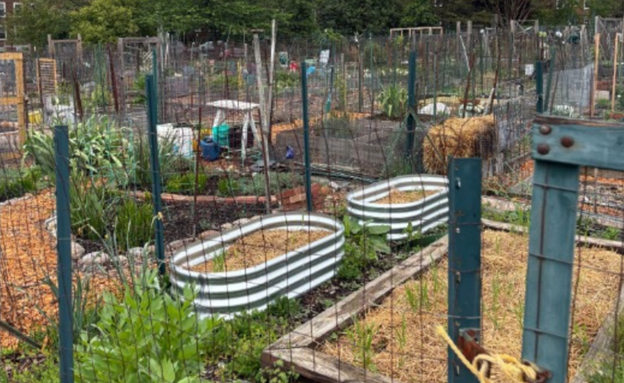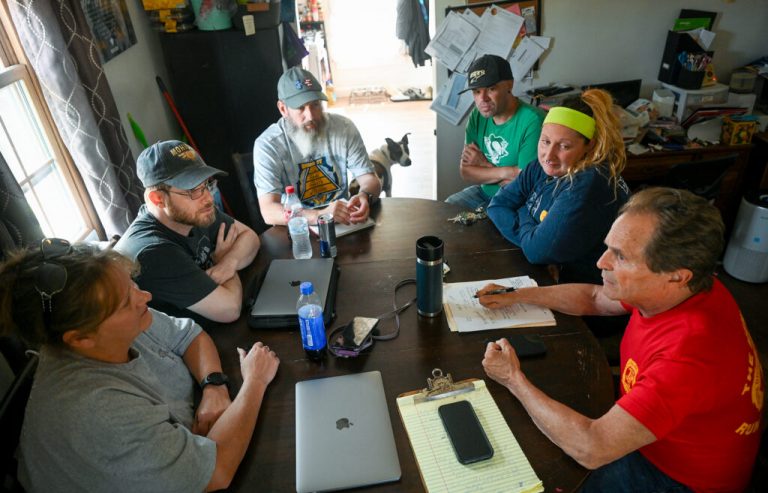Why We Need A Solidarity Economy Now
As people across the United States face massive cuts to Medicaid, SNAP and other vital programs, many are asking: What happens when the systems we rely on fail us? And what happens when our communities are torn apart by toxic inequality, political fragmentation and declining social trust?
The solution may lie in something that humans have been doing throughout our existence: taking care of each other, often without realizing it. Today that’s what some of us call the “solidarity economy.”
I first heard the term in late 2008, and I wasn’t impressed. I believe the term I used might have been something like “boutique-y.”















